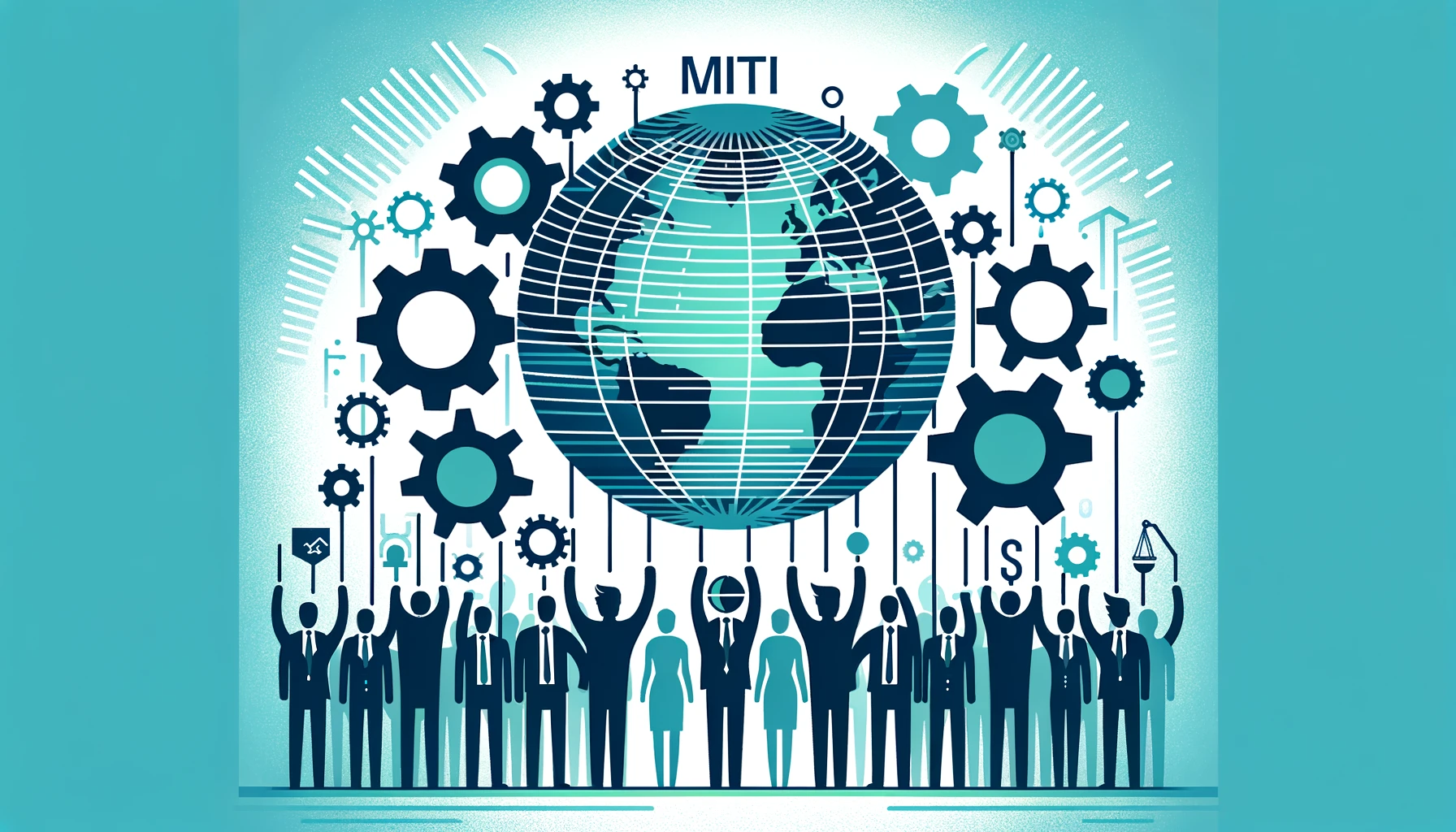
Petaling Jaya Perspective on Global Trade: Steering Away from the Bottom, Racing to the Top Together
In a thought-provoking address at the Asia-Pacific Economic Cooperation (APEC) Business Advisory Council (ABAC) meeting, Deputy Investment, Trade, and Industry Minister Liew Chin Tong called for a radical departure from conventional trade paradigms. Emphasizing the necessity for a new trade agenda, Minister Liew urged stakeholders to eschew the worn-out clichés of yesteryears and embrace a fresh approach.
Redefining Trade Dynamics: A Call for Holistic Economic Policies
Addressing a gathering of global economic leaders, Minister Liew underscored the imperative of redefining trade dynamics to ensure equitable growth and sustainable development. He emphasized the need to prioritize the well-being of workers, foster the growth of a robust middle class, and place climate considerations at the forefront of trade agendas. Moreover, Minister Liew advocated for mechanisms that ensure multinational corporations contribute their fair share of taxes to support essential services and promote social cohesion.
Charting a New Course: The Imperative of Economic Cooperation
Minister Liew’s remarks come at a critical juncture when geopolitical tensions and economic uncertainties loom large on the global horizon. Against this backdrop, he highlighted the pivotal role of platforms like APEC in fostering economic cooperation and advancing shared prosperity. Reflecting on APEC’s unique composition, Minister Liew emphasized the importance of inclusive dialogue and collaborative action in shaping a brighter future for the Asia-Pacific region.
Key Insights from Deputy Minister Liew’s Address:
- Urgent Need for a New Trade Agenda: Minister Liew emphasized the urgency of crafting a new trade agenda that prioritizes equitable growth, environmental sustainability, and social cohesion.
- Role of APEC in Promoting Economic Stability: Minister Liew underscored the significance of APEC as a platform for fostering economic stability and sustainability amidst geopolitical uncertainties.
- Importance of Public-Private Partnerships: Minister Liew highlighted the critical role of public-private partnerships in driving tangible outcomes and leveraging growth opportunities within the APEC framework.
Leveraging Malaysia’s Economic Strategies within APEC
Minister Liew also shed light on Malaysia’s commitment to APEC’s objectives, citing the introduction of groundbreaking national policies such as the New Industrial Master Plan (NIMP 2030) and the National Energy Transition Roadmap (NETR). These policies, he asserted, align closely with APEC’s priorities of trade facilitation and closer economic cooperation.
Towards a Prosperous Future: The Role of ABAC in Shaping APEC’s Agenda
Looking ahead, Minister Liew emphasized the pivotal role of the APEC Business Advisory Council (ABAC) in shaping the organization’s agenda and promoting dialogue and understanding among member economies. He stressed the importance of translating the theme of “People. Business. Prosperity” into tangible initiatives that drive economic prosperity and sustainability.
Charting a Path to Prosperity: Putrajaya Vision 2040
Minister Liew urged stakeholders to align their efforts with the Putrajaya Vision 2040, emphasizing the importance of sustained collaboration and commitment towards achieving resilient and sustainable growth. He called for concerted efforts to harness the boundless growth opportunities within the APEC framework and translate them into tangible outcomes that benefit all stakeholders.
Fostering Inclusive Growth: APEC’s Commitment to Economic Prosperity
In addition to Deputy Minister Liew’s visionary remarks, it is essential to underscore APEC’s longstanding commitment to fostering inclusive growth and economic prosperity across the Asia-Pacific region. Since its inception, APEC has served as a platform for dialogue, cooperation, and collective action aimed at addressing shared challenges and harnessing opportunities for mutual benefit.
By bringing together diverse economies ranging from advanced nations to emerging markets, APEC embodies the spirit of collaboration and inclusivity. Through its various working groups, initiatives, and forums, APEC facilitates the exchange of best practices, promotes capacity building, and fosters partnerships that drive sustainable economic development.
Moreover, APEC’s emphasis on people-centered policies underscores the importance of prioritizing the well-being and empowerment of individuals and communities. From promoting entrepreneurship and innovation to enhancing access to education and healthcare, APEC’s agenda reflects a holistic approach to socio-economic development.
As we navigate the complexities of an increasingly interconnected world, APEC remains a beacon of hope and opportunity. By embracing the principles of openness, cooperation, and mutual respect, APEC members can chart a path towards a more prosperous, resilient, and inclusive future for generations to come.
In conclusion, Deputy Minister Liew Chin Tong’s address at the APEC Business Advisory Council (ABAC) meeting underscores the imperative of redefining global trade dynamics to promote equitable growth, environmental sustainability, and social cohesion. His call for a fresh approach to trade policies resonates strongly amidst the prevailing economic uncertainties and geopolitical tensions. As stakeholders convene to chart the course for the future of global trade, Minister Liew’s insights serve as a guiding beacon towards a more prosperous and sustainable future for all.
